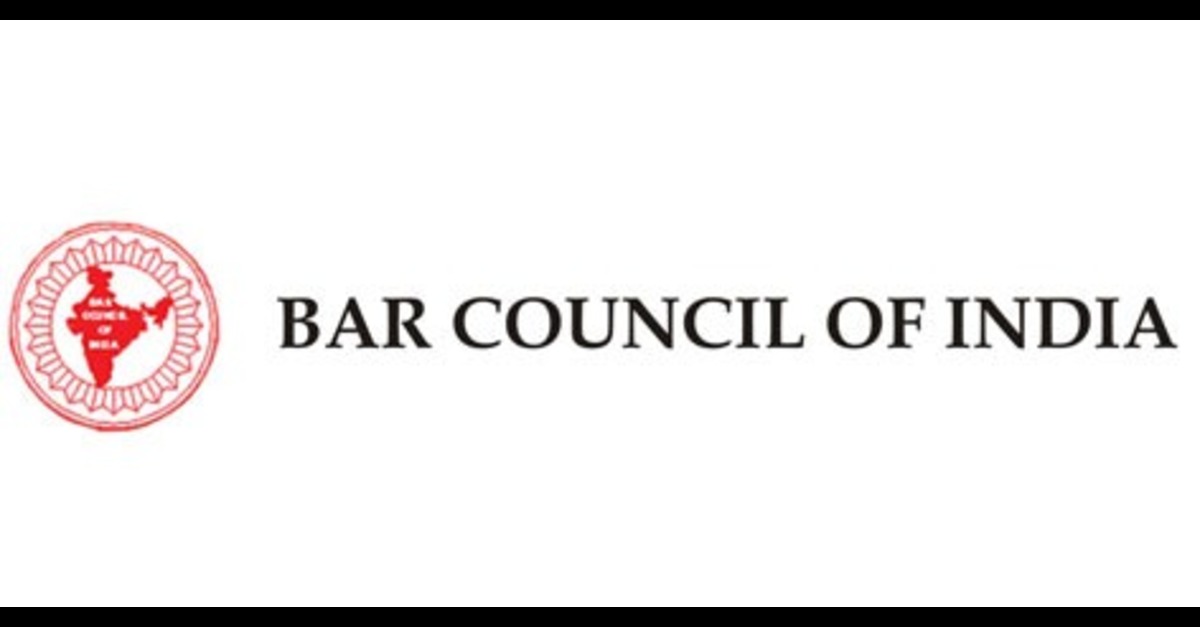INTRODUCTION
The Bar Council of India (BCI) has emphatically rejected the Draft Advocates (Amendment) Bill, 2025, made available on February 13 for public feedback. The BCI has raised “deep concerns” about various clauses of the Bill and contends that its implementation in the form proposed by the government may have profound repercussions on the legal profession and jeopardize the regulator body’s independence. The suggested amendments, specifically with respect to the intervention of the government, enrolment policies, and foreign law firms, have precipitated mass disillusionment among attorneys, whose unrest has already started in some areas.
BACKGROUND
The Advocates Act, 1961, regulates the legal profession in India and maintains its independence and self-governance by way of the BCI.
The changes proposed here aim at bringing fundamental shifts in the regulation and governance of advocates, including government nominees in the BCI, enhanced regulatory powers of the Central Government, and changes in enrollment criteria. The BCI laments that all these changes were not even discussed during the consultations or consensus, and it raises suspicion regarding their effect on the independence of the profession.
KEY POINTS:
1. Central Government Nominees to BCI (Section 4(1)(d)): The Bill tries to provide for the appointment of a maximum of three members of the BCI by the Central Government, a move felt to intrude into its autonomy.
2. Regulation of Foreign Lawyers and Foreign Law Firms: The BCI contends that regulation of foreign lawyers must be in its domain, and not with the Central Government.
3. Central Government to issue directions (Section 49B): This gives the government the authority to issue binding directions to the BCI that are discovered by the Council to be unconstitutional and contrary to the independence of the Council.
4. Amendment of Eligibility for Enrolment and Fee Structure (Section 24): The bill introduced ensures regulation of enrolment fees by the Central Government instead of that of the BCI and avoids arbitrary fee hikes.
5. Definition of “Legal Practitioner” and “Practice of Law”: The draft bill introduced diluted any earlier proposed definitions, which open loopholes towards unregulated practice of law.
6. Exclusion of Protection and Welfare Measures for Advocates: Provisions fundamental to guaranteeing protection and treatment of advocates have been left out, and they are exposed.
RECENT DEVELOPMENTS
With already underway protests and attorneys in Delhi district courts on strike, nationwide protests have been threatened by the BCI unless controversial clauses are stripped. Besides this, talks between the BCI and the Ministry of Law will resume with the aim of putting things right.
CONCLUSION
BCI firmly opposed the Draft Advocates (Amendment) Bill, 2025, gravely jeopardizing autonomy in the legal fraternity. The new sections relating to greater state control, altered terms of admission, and regulation of powers amendment have welcomed on all sides. While debate is ongoing, legal society calls for response to expectation of drafts to be converted into bill by Ministry of Law.
“PRIME LEGAL is a full-service law firm that has won a National Award and has more than 20 years of experience in an array of sectors and practice areas. Prime legal falls into the category of best law firm, best lawyer, best family lawyer, best divorce lawyer, best divorce law firm, best criminal lawyer, best criminal law firm, best consumer lawyer, best civil lawyer.”
WRITTEN BY: SHIVRANJNI


